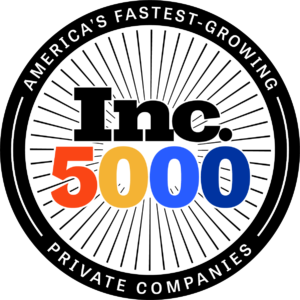A recent article in HealthLeaders highlighted the imminent shutdown of Vermont-based ACO OneCare Vermont. The article correctly identifies some of the key challenges that ACOs and other value-based care (VBC) organizations face in their efforts to improve upon a healthcare system entrenched in decades of fee-for-service (FFS) payment models to one that emphasizes and incentivizes outcomes-based care over volume.
OneCare was a shining example of Vermont’s all-payer model, which “sought to improve how Vermont residents pay for care while decreasing costs” by creating a system of capitated payments to keep patients healthy.
While it is helpful to examine ACO models throughout the country to determine whether VBC is a viable model going forward, it is not possible to judge the success of the large-scale shift from FFS to VBC through the lens of one single organization’s success or failure.
In its most recent report, HCPLAN noted that growth in alternative payment models (APMs) reached almost 10% between 2022 and 2023 – the largest growth in these models since 2017. Today, APMs account for more than 45% of healthcare dollars generated, while fee-for-service accounts for only 38%.
There isn’t a single path to success for every ACO or value-based care organization. However, there are some key components that successful organizations share. These provide an important playbook for payers, providers, and self-funded employers currently engaged in, or planning to participate in, alternative payment models.
Cedar Gate Technologies was a company built specifically to provide the technology organizations need to succeed in a healthcare future, including:
- The most advanced analytics to provide insights into population and patient health, utilization, costs, and more
- Care management tools to translate analytics into actionable steps care teams can take to deliver the highest-quality care at the lowest cost
- Payment technology designed specifically for alternative payment models, ranging from primary care attribution to capitation and prospective bundled payments
- Enterprise data management that brings information from any disparate data source, homogenizes the information, and delivers a single source of truth across your entire tech ecosystem
Ready to succeed in your VBC journey? Let’s talk about how we can help.















